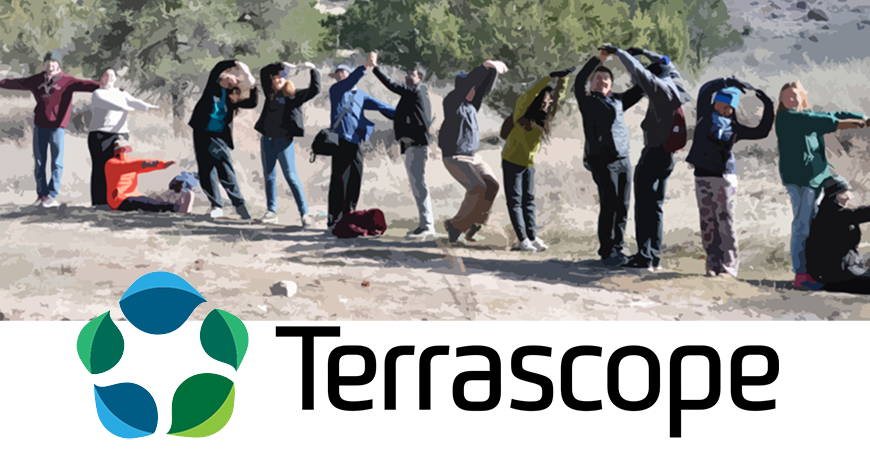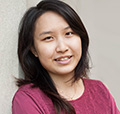Reimagining Terrascope Project Classes Online

MECHANICAL ENGINEERING (COURSE 2), CIVIL AND ENVIRONMENTAL ENGINEERING (COURSE 1), D-LAB, BEAVERWORKS AND TERRASCOPE
Dr. Ari Epstein teaches in Terrascope, a first-year learning community. He reported on two of Terrascope’s project-based classes: Design for Complex Environmental Issues (2.00C/1.016/EC.746) and Terrascope Radio (SP.360), both of which, as project-based, team-oriented classes, were particularly challenging to migrate to online learning. 2.00C is an engineering design class that covers the main aspects of design, such as understanding the client, ideation, prototyping, fabrication, and evaluation, with opportunities to develop products and prototypes in shop. Terrascope Radio is a CI-H class where students create their own radio program as a class, a project for which they prepare by listening to existing audio pieces and (in ordinary years) collecting audio and working on story ideas during a spring break trip.
Rethinking learning objectives in 2.00C
Subject 2.00C is taught in collaboration with D-Lab and Beaverworks. Because of the move to remote learning, the three instructors (Epstein, representing Terrascope; Libby Hsu, representing D-Lab; and Joel Grimm, representing Beaverworks) asked each team to consider what their learning objectives might be for the rest of the semester, and to think about how to alter their process and final product in ways that would serve those objectives. Teams submitted week-by-week plans of how to achieve these learning objectives and discussed their goals both as a class and individually by teams. Time zones posed a challenge for teams, but they adapted. For instance, some did CAD modeling together, while others worked separately and then came together to combine their work. Some students continued to build physical prototypes, although at home rather than in the shop.
Prioritizing community in Terrascope Radio
Because of the transition to remote learning, no assignments were given over spring break, and the class held no formal sessions. The students did stay in touch informally, though, and on the return to classes they held regular listening parties, with Epstein’s participation, to develop ideas for their project and to hear and discuss one another’s recordings. The students at that time were far behind where they otherwise would have been in the production process, but they ultimately developed extremely successful audio projects focusing on ways in which the pandemic has affected students’ lives and communities (the stories can be heard at https://terrascope.mit.edu/radio/love-actualities/ and https://terrascope.mit.edu/radio/phone-a-friend/). Epstein mentions that the success of this depended on the active participation and collaboration of students. He believes it was successful partly because the class had established a strong sense of community beforehand on campus.
Both spring Terrascope classes held online final presentations via Zoom. One side effect of this was that alumni, family and friends living far away could attend, something that had not been possible in prior years. Some element of this kind of remote presence may well be incorporated into future final presentations, even if remote learning is not necessary.
Outside of classes, Terrascope emphasizes building community through communal spaces and gatherings. With the transition to online, a 24-hour Terrascope room was created on Zoom and used for study sessions and similar activities. The Terrascope staff encouraged students to use it as a communal online space as well in order to socialize and talk about non-academic topics.
During weekly Terrascope lunches, students were randomly placed into breakout rooms to have conversations with each other; they were then reshuffled after 15-20 minutes. These were extremely successful in building and maintaining community remotely.
Student response
In spite of various challenges, students reported enjoying their remote Terrascope experience much more than Epstein had originally expected. Epstein was also impressed at how students found ways to collaborate and maintain community over long distances, think deeply about their goals for the rest of the semester, and adapt their projects to meet those learning goals.
 Melissa Cao is an MIT alum, Management '20
Melissa Cao is an MIT alum, Management '20

